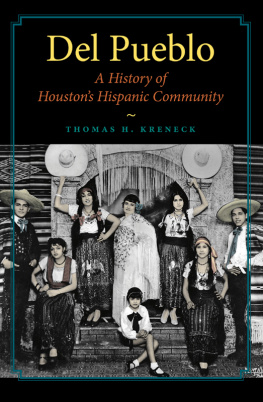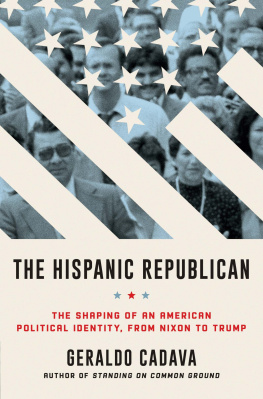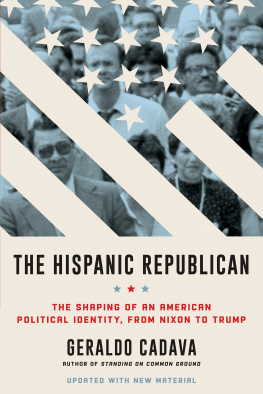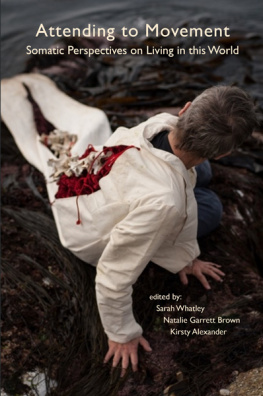INTRODUCTORY NOTE
Table of Contents
"In the establishment of the independence of Spanish America the United States have the deepest interest. I have no hesitation in asserting my firm belief that there is no question in the foreign policy of this country, which has ever arisen, or which I can conceive as ever occurring, in the decision of which we have had or can have so much at stake."Henry Clay, The Emancipation of South America.
This syllabus is designed primarily for the use of students of the University of North Carolina as a guide to the introductory study of Hispanic-American history. In it an effort has been made to provide for as general and comprehensive a study of Hispanic-American civilization as the time limits of a single one year's course would permit. In such a process, of course, selection and rejection of data were necessary. The student seeking to specialize will, therefore, find it possible and easy to elaborate and amplify each of the chapters and sections into which the outline has been divided. Despite such comprehensiveness as was mentioned, the writer has endeavored to emphasize the institutional and economic aspects. The necessity of elimination and the effort at emphasis have resulted in the relegation of political history, particularly that of the colonial period, to a position of comparatively less prominence and significance than some might expect. For this the writer must plead necessity.
In view of the great contemporary interest in Hispanic America no case for the study of its history need be madeif such, indeed, is required for any field of history. That interest in the United States has been in part due to the construction of the Panama Canal and to the increasing importance in diplomacy of the Caribbean area, and in part it may be ascribed to the exigencies and effects of the World War which have made people conscious of trade opportunities formerly non-existent or, if existent, not fully recognized; and many have thus concluded that the diplomatic, political, and economic importance of Hispanic America has made of prime necessity a thorough study and a sympathetic understanding of its past history and institutions. These facts and this new consciousness may indicate the opening of another period in the history of the Western Hemisphere, which will doubtless have a distinctly inter-American emphasis. The field of Hispanic-American history has until recent years been little known to and too often neglected by the undergraduate student in the universities,if, indeed, courses in such history have been offered. It is, in the opinion of the writer, however, a field not lacking in comparative importance, interest, and cultural value with those better known. It is hoped and confidently expected that the interest in the history and institutions of the Hispanic-American countries recently engendered by the consciousness that these countries have become potent economic and political factors in the modern world will be abiding. Hispanic-American history as a standard course will have much justification, for the part which the peoples of the southern republics will play in the future, as Viscount Bryce recently said, "must henceforth be one of growing significance for the Old World as well as for the New."
The course as outlined in this syllabus provides for the study of the history, geography, political and social institutions, and the economic development and possibilities of Hispanic-American countries. A careful analysis and investigation will thus be made of the Spanish and Portuguese colonial systems and colonial experience in order to explain the wars of independence and the existing political and social conditions. Attention will then be directed to the development of republics, the struggle for political stability, and the exploitation of resources. The course will also include some study of the international relationspolitical and economicand diplomatic problems which have arisen in recent Hispanic-American history.
At the outset the prospective student is warned that as yet there exists no single text-book devoted to the Hispanic-American republics which satisfactorily and adequately presents their history, describes their present conditions and discusses their institutions. This absence, of necessity, determines that the course will be based largely upon material to be found only in a number of books, public documents, and scientific reports. An effort has been made in this syllabus to meet this difficult situation. Lectures following the outline of the syllabus and explanatory of it, and recitations based on assigned readings, will constitute the class work. On these lectures and readings the students will be expected to take notes. In addition, they will be required to make certain class reports and at least once during the year to prepare, after consultation with the instructor, an essay on some topic of the syllabus or allied phase of the work.
Students will be required to provide themselves individually with a copy of this syllabus and with W. R. Shepherd's Latin America (Holt & Company). It is strongly recommended that they purchase also F. Garcia Calderon's Latin America: Its Rise and Progress (Scribners). For the general student and reader the following list of books, written in English, may be found useful:
For description, geography, travel, peoples and social conditions:
James Bryce, South America: Observations and Impressions. (Macmillan).
G. E. Church, Aborigines of South America. (Chapman and Hall.)
C. R. Enock, The Republics of Central and South America. (Dent & Sons).
A. H. Keane, Stanford's Compendium of Geography and Travel: Central and South America. (2 Vols., Lippincott.)
Atlas America Latina, (English, Spanish, Portuguese; General Drafting Co.).
R. Reyes, The Two Americas. (Stokes.)
A. Ruhl, The Other Americans. (Scribners.)
H. Bingham, Across South America. (Houghton Mifflin Co.)
For history:
T. C. Dawson, The South American Republics. (3 Vols., Putnam.)
A. H. Noll, A Short History of Mexico. (McClurg.)
F. Palmer, Central America and its Problems. (Moffat, Yard & Co.)
For institutions and history:
E. G. Bourne, Spain in America. (American Nation Series, Harpers.)









